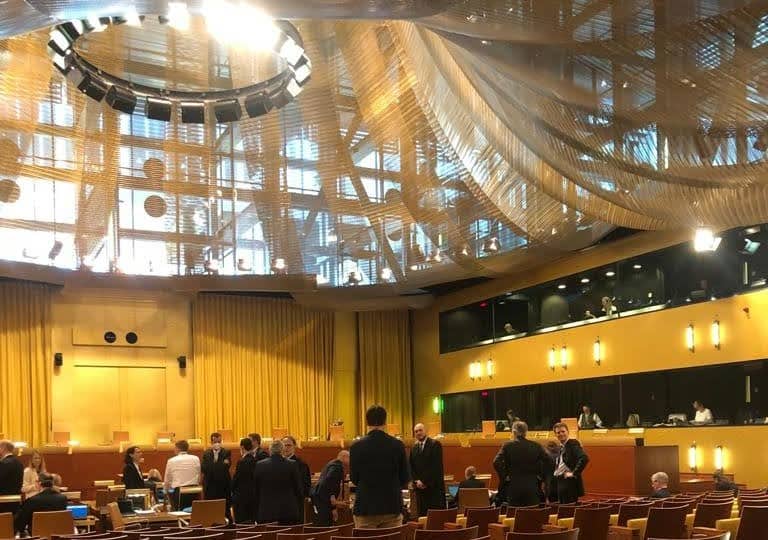Brogsitter Defence Returns
Some time ago, the ECJ ruled in its Wikingerhof decision on international jurisdiction in antitrust actions if there is also a contractual relationship between the parties. Accordingly, the connecting factor of the tort or delict also applies in such cases if the interpretation of a contract is not indispensable.
The decision provided some clarity: if an action is based on the applicable cartel law, for example, it is clearly a matter of tort law. The place of success principle applies to torts. An action can be brought at the place where the success of the tort occurs. In the case of abusive acts of digital platforms, this is often any place of market activity.
In his analysis of the Wikingerhof decision, which is also very readable, my colleague Thomas Thiede correctly summarised that the so-called brogsitter defence has thus been abolished. I completely agree with this from a legal point of view.
And yet, in practice, the objections from the ECJ’s older Brogsitter decision still persist. According to this decision, the contractual jurisdiction supersedes the jurisdiction in tort. Thus, as soon as there is also a contractual basis for a business relationship between the parties, the objection could be raised that it also depends on the interpretation of this contract. A court called upon in Germany could then decline its international jurisdiction.
In practice, this is not far-fetched. For example, in the area of digital platforms, affected companies regularly assert claims for injunctive relief under cartel law against a platform with which they simultaneously have a contractual business relationship. This may be the case, for example, if they have been blocked by the platform and there is no objective justification for this. In that case, such a blocking is inadmissible under antitrust law — i.e. in tort — without it being relevant to the interpretation of a contract. The international jurisdiction of the tort from Art. 7 No. 2 EuGGVO applies to this. A company with its seat abroad can still be sued in Germany.
Why is this so? The prohibitions under antitrust law are independent prohibitions that must be interpreted independently according to their protective purpose. This independent interpretation is not replaced by a contract or the structure of the business relationship. The latter is all the more the case if the business relationship is decisively defined by the dominant company itself, which as such is itself subject to market power abuse control together with its contracts. The companies concerned regularly have no alternative to the business relations of a dominant company. However, it is precisely the contractual arrangement that is restricted by the prohibition of abuse of market power under tort law.
In order to rebut the Brogsitter objection, it therefore makes sense, despite the unambiguous case law, to point out separately in antitrust complaints or petitions with an international element that the interpretation of a contract is not essential and that no contractual claims are enforced.


















